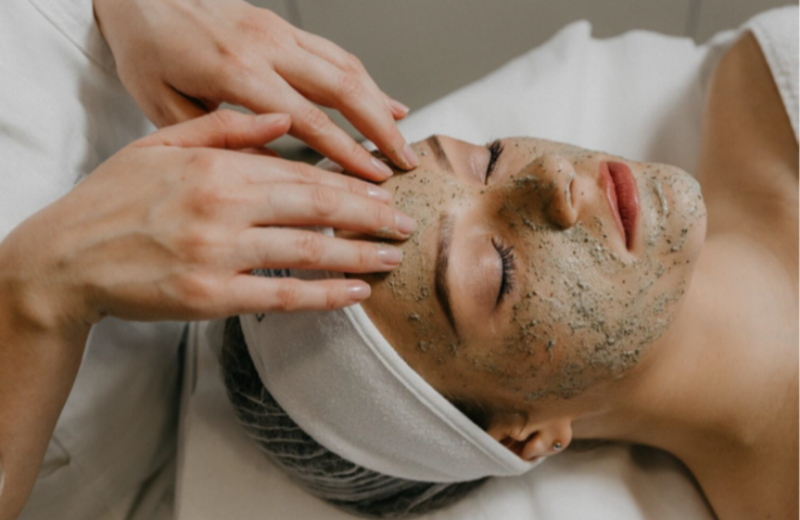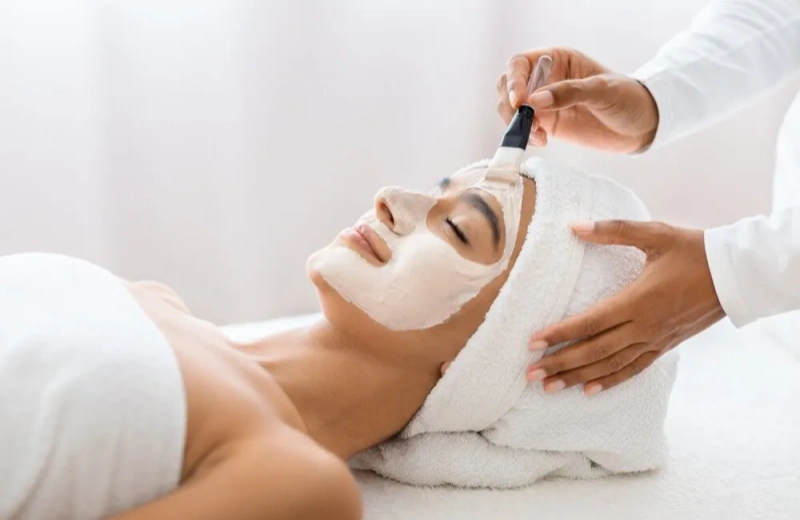One of the primary functions of a skincare therapist is to conduct thorough skin assessments. By analyzing skin type, texture, and specific concerns, they can develop personalized treatment plans tailored to individual needs. This customized approach is essential, as everyone’s skin is unique and requires different care. Whether dealing with acne, dryness, or signs of aging, a skincare therapist can recommend appropriate treatments and products that address specific issues effectively.
In addition to assessments, skincare therapists provide a variety of treatments designed to enhance skin health. These may include facials, chemical peels, microdermabrasion, and more. Each treatment has its own benefits, targeting issues such as exfoliation, hydration, and rejuvenation. For instance, facials can deeply cleanse and nourish the skin, while chemical peels can improve skin texture and tone by removing dead skin cells. Regular treatments can lead to significant improvements in skin appearance and overall health.

Skincare therapists also educate clients about proper skincare routines. They can guide individuals on how to cleanse, moisturize, and protect their skin effectively. This education is crucial, as many people may not fully understand their skin’s needs or how to choose the right products. A skincare therapist can help demystify the vast array of skincare products available, ensuring clients select those that align with their skin type and concerns. This knowledge empowers individuals to take control of their skincare regimen, leading to better long-term results.
Moreover, skincare therapists often stay updated on the latest trends and advancements in the skincare industry. This ongoing education allows them to offer clients the most effective and innovative treatments available. For instance, they may incorporate new technologies like LED therapy or radiofrequency treatments into their practice, providing clients with cutting-edge options for enhancing their skin health. This commitment to continuous learning ensures that clients receive the best possible care.
The relationship between a skincare therapist and their client is built on trust and communication.

Establishing an open dialogue allows clients to express their concerns and goals, enabling therapists to tailor their approach accordingly. This personalized connection can significantly enhance the effectiveness of treatments, as clients feel more comfortable discussing their skin issues and preferences. A supportive environment fosters a sense of well-being, making the skincare journey more enjoyable and rewarding.
Finally, visiting a skincare therapist can also have a positive impact on mental health. Taking time for self-care and investing in one’s appearance can boost confidence and self-esteem. Many individuals find that regular skincare treatments provide not only physical benefits but also emotional ones. The act of prioritizing skin health can serve as a form of self-love, promoting a positive body image and overall mental well-being.
Skincare therapists offer a wealth of knowledge and services that can significantly enhance skin health. From personalized assessments and treatments to education and emotional support, they are essential partners in the journey toward achieving beautiful, healthy skin. Embracing the expertise of a skincare therapist can lead to transformative results, making it an investment worth considering for anyone looking to improve their skin health.



